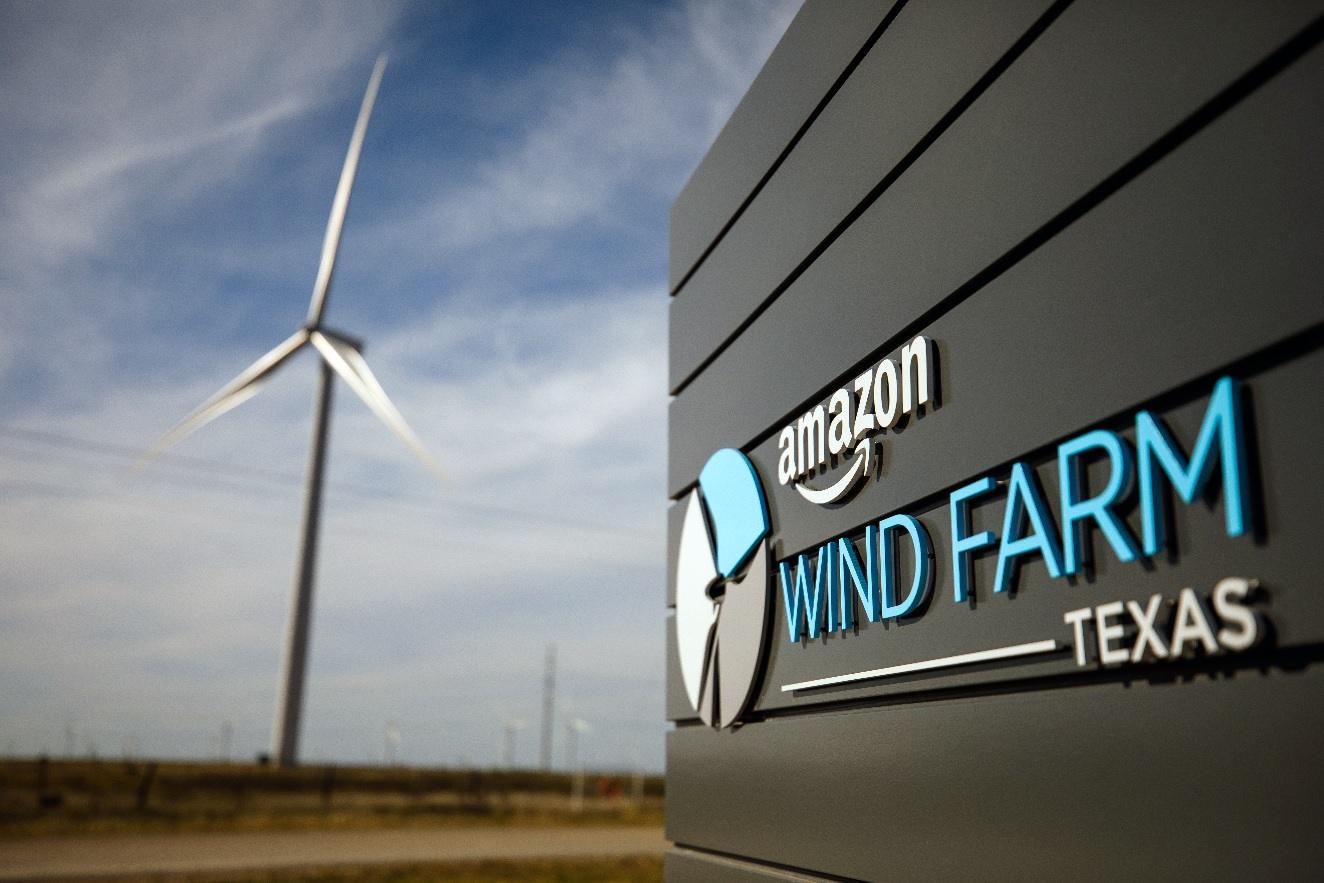JPMorgan Commits to Paris-Aligned Financing; Will Reach Carbon Neutrality This Year
JPMorgan Chase announced today the adoption of a new commitment to align its financing activities with the goals of Paris Agreement. In addition, the firm announced a new commitment to become carbon neutral in its own operations beginning this year.
The Paris Agreement is a multi-nation pact, drafted in 2015, developed by parties to the United Nations Framework Convention on Climate Change (UNFCCC) to combat climate change. The agreement’s main goal is to limit the global temperature increase in this century to below 2 degrees Celsius above pre-industrial levels, and to work toward limiting the increase to 1.5 degrees.
As part of JPMorgan’s Paris-aligned financing strategy, the firm stated that it intends to help clients navigate the challenges and capitalize on the long-term economic and environmental benefits of transitioning to a low-carbon world. Foremost among the challenges identified by the bank are the lack of comprehensive and high-quality greenhouse gas (“GHG”) emissions data, and the need for robust policy solutions and new technologies. JPMorgan aims to help tackle these challenges by working with clients in key sectors to align its financing activities with the goals of Paris.
JPMorgan said that it will establish intermediate emission targets for 2030 for its financing portfolio and begin communicating about its efforts in 2021, setting targets on a sector-by-sector basis, with a focus on the oil and gas, electric power and automotive manufacturing sectors.
The firm stated that as part of its efforts to support companies in reducing GHG emissions and in expanding investment in low- and zero-carbon energy sources and technologies, it will advocate for market-based policy solutions, including a price on carbon, and the commercialization of new technologies that can help advance deep decarbonization.
Daniel Pinto, co-President of JPMorgan Chase and CEO of its Corporate & Investment Bank, said:
“Climate change is a critical issue of our time. The goals set in the Paris Agreement are commendable and ambitious, but the world is not on track to meet them. While the world has a long way to go, we at JPMorgan Chase want to do more. That means working with clients, policymakers and advocates to transition our economy and turn the goals of Paris into a reality.”
As part of the climate-related services the bank will provide, JPMorgan announced that it is launching the Center for Carbon Transition (CCT). The CCT will provide clients in the Corporate & Investment Bank and Commercial Banking with centralized access to sustainability-focused financing, research and advisory solutions, and will also engage clients on their long-term business strategies and related carbon disclosures. The CCT will be led by Rama Variankaval, a Managing Director and 18-year veteran of the Firm who also continues to lead JPMorgan’s Corporate Finance Advisory team.
Variankaval said:
“The transition to Paris-alignment will require big ideas, technology innovation and financing. This group will enable us to leverage the best of our expertise and resources across the Firm to help all our clients thrive in a low-carbon future.”
Regarding the firm’s own operations, JPMorgan has already committed to utilizing 100% renewable energy. Today’s announcement adds a new goal, of reaching carbon neutrality in the bank’s operations beginning this year. The new commitment will cover all of the firm’s direct carbon emissions from corporate buildings and branches, indirect emissions from the generation of purchased electricity, and emissions from employee travel.
Commenting on today’s announcements, Bob Perciasepe, President of the Center for Climate and Energy Solutions (C2ES), said:
“With its ambitious new climate commitment, JPMorgan Chase & Co is positioning itself as a critical player in driving clean energy technology development and deployment. By aligning its financing with the Paris climate goals, the bank is sending a powerful signal that will help steer utilities, automakers, and oil and gas companies further along the path to decarbonization. Executing this new strategy will be no easy task. But as more and more companies step up to the challenge, it’s now up to our political leaders to enact the policies needed to get the job done.”





